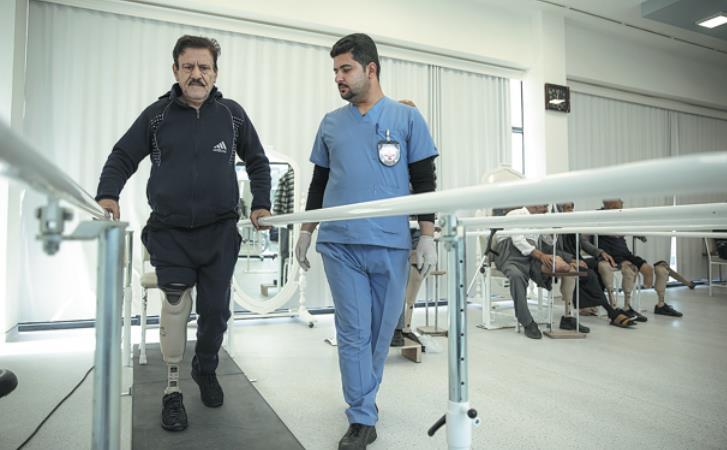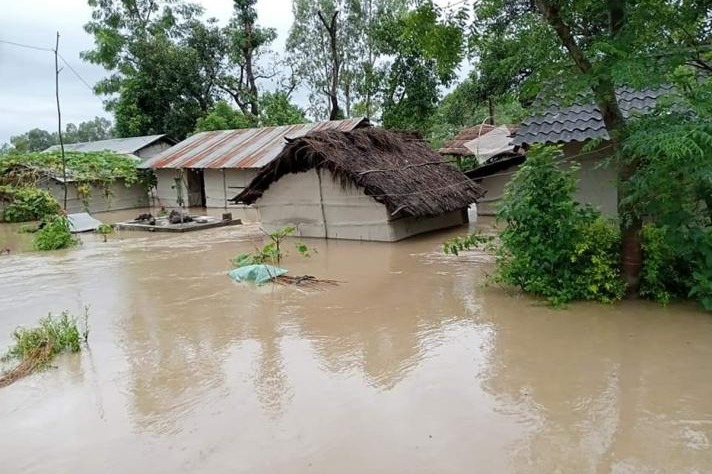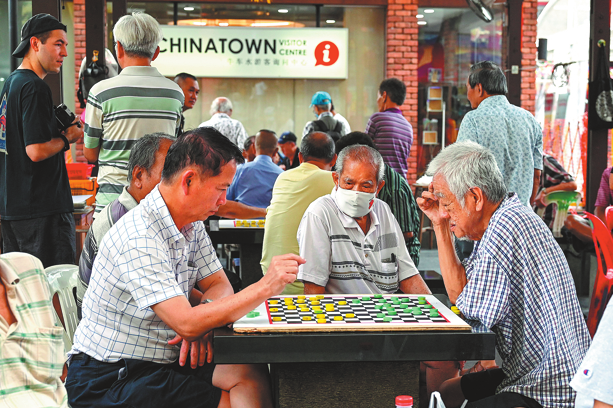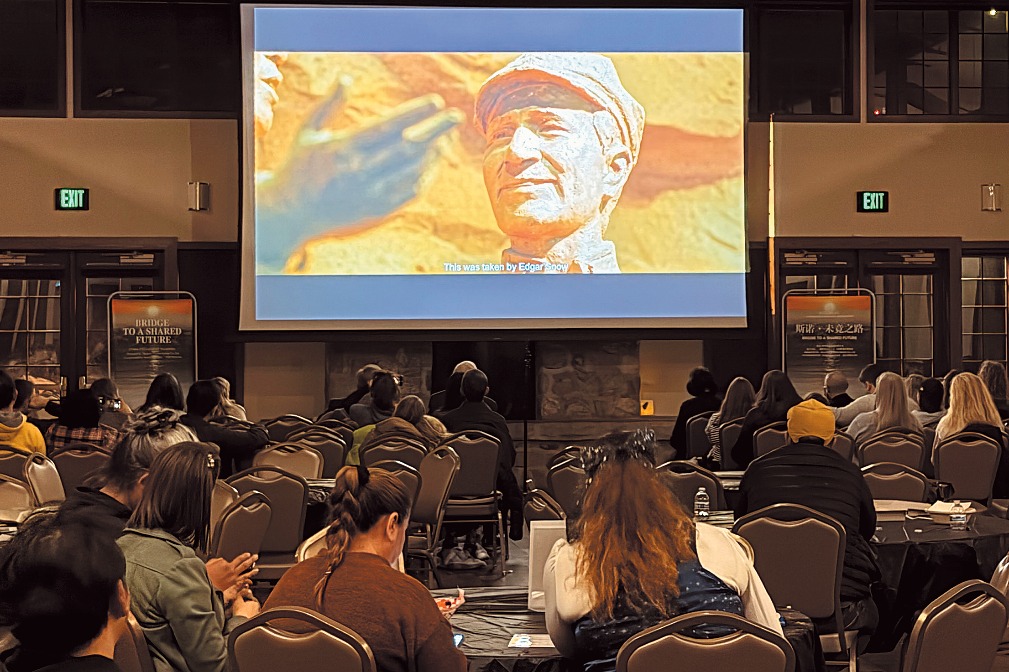US failure in Iraq sows 20 years of unrest, chaos


Twenty years after the United States-led overthrow of Iraq's president Saddam Hussein, Iraqis continue to face an uphill battle in rebuilding their country.
"The post-Saddam Hussein era in Iraq has been a litany of failures," said Jawaid Iqbal, chairman of the Department of West Asian and North African Studies at Aligarh Muslim University in India.
"The US invasion of the country led to the installation of a socially isolated puppet regime that quickly became the target of an armed insurgency. Furthermore, the destruction of Saddam's former state opened a power vacuum and enabled the emergence of rival militias."
Iraq's illegal occupation was spearheaded by the US and British forces on March 20, 2003, after Washington accused Baghdad of developing weapons of mass destruction, a claim later found to be false. The fall of Baghdad on April 9 was symbolized by the toppling of a towering statue of Saddam, who fled. He was found and captured five months later and was hanged in December 2006.
Experts said Iraq must not lose sight of its fight against the odds and continue to engage with "disconnected" youth. More than half of Iraq's 40 million people are under the age of 25, the United Nations Development Programme has said.
The post-Saddam Hussein era has been marked by inefficiency, Iqbal said. "Iraq's finances are in shambles even though the country should have earned $500 billion in oil revenue since 2003. Young people have consistently organized protest movements to demand basic services."
Nagapushpa Devendra, a West Asia analyst and research scholar at the University of Erfurt in Germany, said Saddam's overthrow changed the dynamics of Iraqi politics.
"It drifted away from forming a government based on 'national unity' to a 'majority government'."
In Iraq's power-sharing arrangement, the country's president is a Kurd, its prime minister a Shia and the parliament speaker is a Sunni. Elections were held in October 2021, two years after anti-government demonstrations resulted in political gridlock.
Last October the country's parliament elected Abdul Latif Rashid as president. In February he was quoted as saying that Iraq is now at peace, intent on rebuilding economic life and maintaining a government that serves the whole country and the region, The Arab Weekly reported.
Challenges ahead
"A big challenge is the reconstruction of the country," Devendra said. "To date, many regional and external actors have pledged funds but have not transferred them due to the previous government's corruption and mismanagement. And without greater accountability and transparency from the government, it will be extremely difficult to break the cycle of corruption and inefficiency."
Last year auditors in Iraq discovered a massive network of businesses and officials said to have embezzled about $2.5 billion from the country's tax authority.
When Iraq's Deputy Prime Minister Fuad Hussein visited the United States Institute of Peace in February, he said that "fighting corrupt people is not so easy".
Abdul Wahed Jalal Nori, author of State-building under Foreign Occupation: The Case of Iraq 2003-2008, told China Daily that "Americans invaded Iraq not to bring democracy or freedom to Iraqis".
He also said what came after made Saddam's enemies "admit Iraq at his time was far better" and the state "was run much more efficiently".
The UN estimates that 3.2 million children in Iraq do not attend school, citing decades of conflict and underinvestment that have hampered what used to be "one of the most robust education systems in the region".































